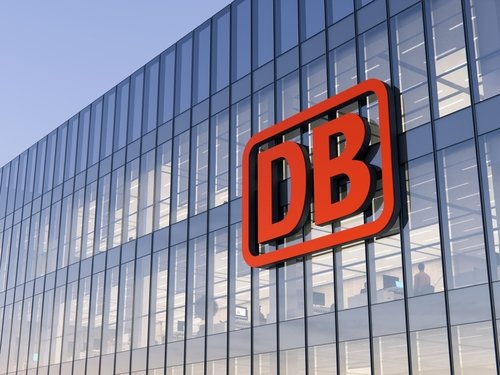Belgium, (Brussels Morning Newspaper) The European Commission has approved Germany’s aid scheme worth 557 million euro for national railway company Deutsche Bahn (DB).
The EC pointed out in a statement released on Monday that the aid will be provided in the form of a financial injection to compensate DB’s subsidiary DB Fernverkehr for the damage caused by coronavirus restrictions between late 2020 and mid-2021.
DB Fernverkehr provides international and national long-distance passenger transport services, with the Commission reminding that restrictions targeted travel, among other.
The body reminded that it previously approved aid schemes for DB and its subsidiary to compensate them for the damage caused by coronavirus restrictions in the period between March and June 2020.
It stressed that DB’s subsidiary and other companies in the rail sector suffered significant losses due to restrictions implemented with the aim of curbing the spread of coronavirus, adding that Germany and other countries “had to implement” restrictions.
Negative economic effects
The restrictions Germany put in place between November 2020 and May 2021 had negative effects on rail traffic, with DB Fernverkehr’s revenues in the observed period dropping to roughly one third compared to the corresponding period in 2019.
The EC pointed out that, under the Treaty on the Functioning of the EU (TFEU), bloc members can compensate companies or sectors for “damage directly caused by exceptional occurrences.”
It noted that the aid measure will compensate DB Fernverkehr for the damage caused by restrictions imposed in response to the coronavirus pandemic, is proportionate and does not go beyond what is needed to compensate the company.
The Commission reiterated that aid rules based on TFEU allow EU member states to launch aid schemes to support the economy and added that it amended the rules in March 2020 to allow more flexibility in the context of the coronavirus pandemic.
The framework was later amended in April, May, June and October 2020, and January and November of 2021, with the EC stressing that it allows bloc members to provide urgent rescue aid and solvency support to companies.
The temporary crisis framework will remain in place until the end of 2023, but the Commission may extend it to ensure legal certainty.




